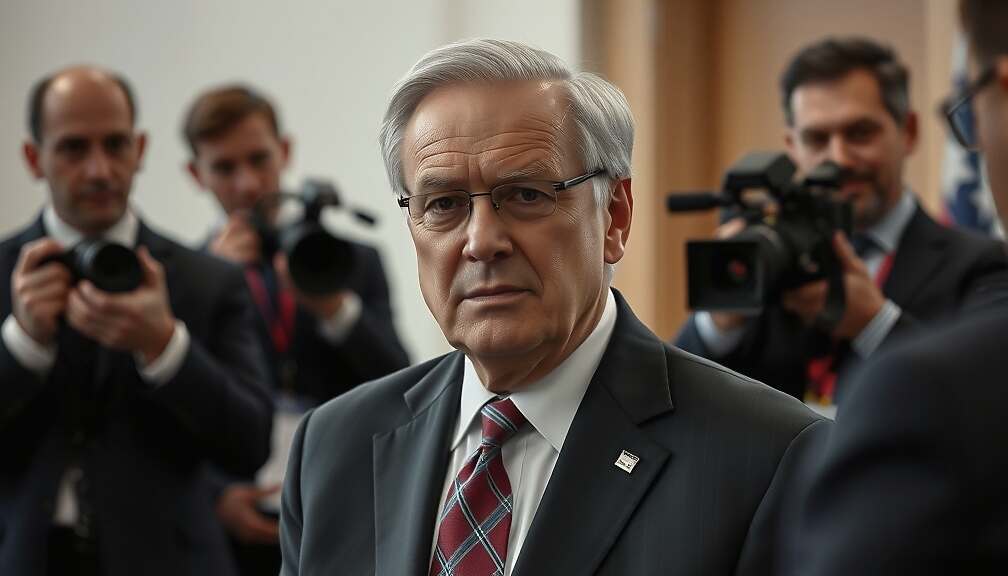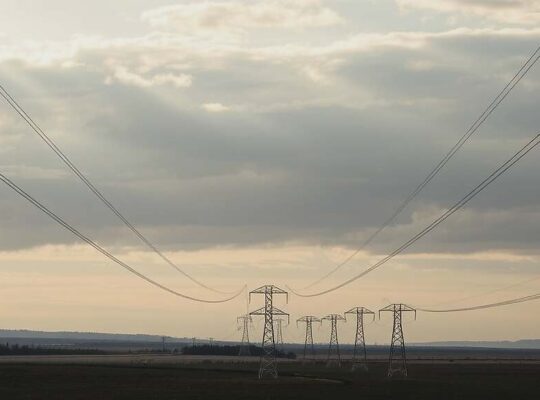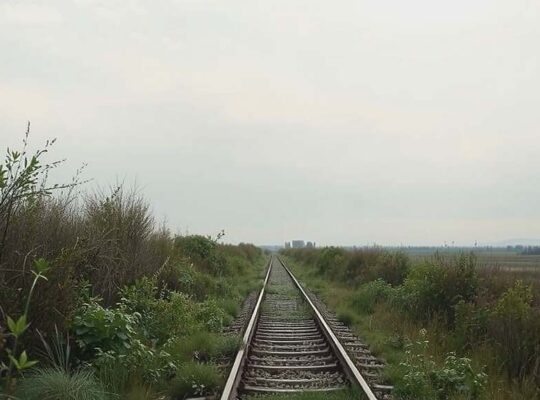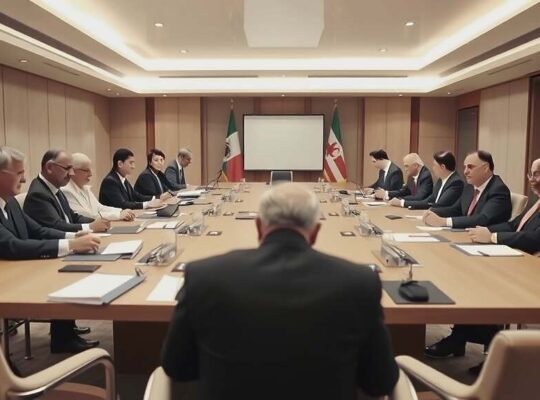Lower Saxony’s Minister-President Olaf Lies has voiced strong opposition to a shift away from underground cables towards overhead power lines in Germany’s ongoing electricity grid expansion. In an interview with the “Rhinische Post” Lies emphasized the significant economic cost of delays, estimating that each year of postponement incurs billions in losses. He also asserted that a return to overhead lines would inevitably trigger further delays, especially considering the importance of community involvement.
Lies further noted the difficulty in gaining societal acceptance for overhead power lines, highlighting that a hard-won consensus had been reached regarding the preference for underground cabling. He cautioned against jeopardizing this consensus with a reversal in strategy.
The current coalition agreement between the Christian Democratic Union (CDU) and the Social Democratic Party (SPD) stipulates that new high-voltage direct current (HVDC) transmission networks should be implemented as overhead lines “where possible” with particular consideration given to regions experiencing significant strain on existing infrastructure.
A priority for underground cabling has been in place for large transmission networks since 2016, implemented to bolster public acceptance and facilitate the necessary grid expansion. The move was intended to reduce resistance and expedite the construction of essential infrastructure upgrades.











